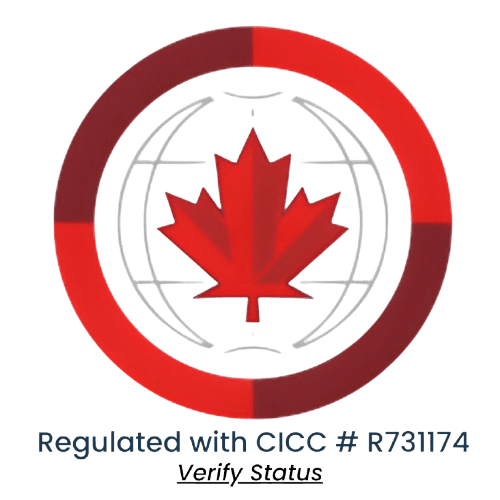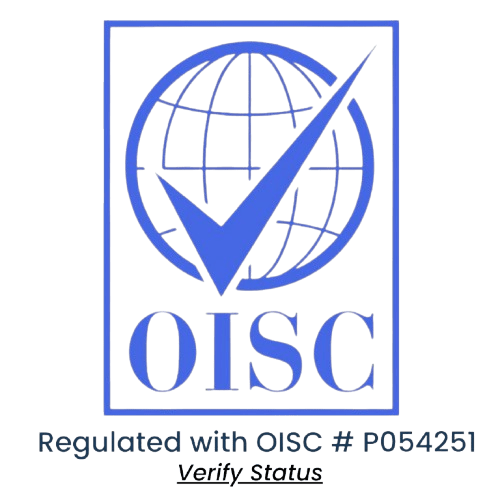What Are Canada Visa Processing Times and How to Check Your Status?
Visa processing times refer to the average time it takes Canadian immigration authorities to evaluate and make decisions on visa applications. These timelines vary depending on the type of visa you apply for and where you are submitting your application.
How to Check Your Canada Visa Status Online
To track your Canada visa application status, use the Government of Canada’s official IRCC (Immigration, Refugees and Citizenship Canada) website. You’ll need your unique application number and personal details to access updates. You can also sign up for notifications and alerts to receive real-time updates on your application’s progress.
Average Canada Visa Processing Times for Work, Study, and PR Visas
Visa processing times differ based on the type of application and your location. Below is an overview of the average processing times for some common visa types:
- Study Permit: Typically takes 9–13 weeks, depending on the applicant’s country of residence.
- Work Permit: Processing time is generally between 6–12 weeks.
- Permanent Residency (PR): Applications under the Express Entry system usually take about 6 months, while family sponsorships can take up to 12 months.
For the most up-to-date information, it’s advisable to regularly check the IRCC’s official processing time tool, which is updated frequently.
Factors That Affect Canada Visa Processing Times
Multiple factors influence how long it takes to process a visa application. Being aware of these variables can help you manage expectations and reduce the risk of delays.
- Type of Visa: Work permits, study permits, and PR applications each have different timelines.
- Applicant’s Country of Residence: Processing times differ based on the visa office handling your application.
- Completeness of Application: Missing documents or incorrect information can result in delays.
- Biometrics: Processing begins only after biometric information is submitted.
- Background and Security Checks: Additional checks may be required, particularly for PR applicants, which can extend processing times.
Tips to Ensure Faster Visa Processing
While you can’t directly control visa processing times, you can take steps to reduce delays. Follow these tips to streamline your application:
- Submit a Complete Application: Double-check all forms and required documents to ensure they are complete and accurate.
- Submit Biometrics Promptly: If biometrics are required, provide them as soon as possible to avoid delays in starting your application process.
- Track Your Application: Regularly check your status using the IRCC website and be proactive in responding to any requests for additional information.
- Follow Official Guidelines: Ensure you meet all the requirements and provide correct information to avoid delays caused by mistakes or missing paperwork.
What to Expect After Canada Visa Processing Time Ends
Once the visa processing time concludes, you will receive a decision either through email or in your online account. Here’s what happens next:
- Approval: If your application is approved, you will receive a visa or permit along with instructions for entering Canada.
- Refusal: If your application is denied, you’ll be notified of the reasons for refusal and, in some cases, your options for appealing the decision or reapplying.
Factors That Can Cause Changes in Processing Times
Visa processing times are not fixed and can change based on external factors such as:
- Seasonal Fluctuations: During peak times, such as before the academic year begins or holiday seasons, visa applications increase, which can extend processing times.
- Pandemics or Natural Disasters: Events like COVID-19 can lead to significant processing delays.
- Policy Changes: Changes in Canadian immigration policies or processing capacity can also affect timelines.
It’s important to stay updated with official announcements from the IRCC, as processing times may shift unexpectedly.
Related Resources for Faster Application Processing
To further ensure smooth and timely processing of your application, check out our other expert guides:
- How to Apply for a Canadian Study Permit
- Express Entry Tips for Faster PR Application Processing
- How to Avoid Common Mistakes in Visa Applications
These resources provide in-depth advice and practical tips to help you avoid delays and ensure your application is processed efficiently.
FAQs on Canada Visa Processing
Q: How can I track my visa application status?
A: You can track your status online using the IRCC website. You’ll need to enter your unique application number and personal details.
Q: How long does it take for a Canada PR application to be processed?
A: Processing times for PR applications vary. Express Entry applications usually take around 6 months, while family sponsorships can take up to 12 months.
Q: Can I expedite my visa application?
A: While you can’t expedite the process directly, submitting a complete application and avoiding common mistakes can help prevent unnecessary delays.
Conclusion: Navigating Canada Visa Processing Times
Visa processing times are an essential part of planning your move to Canada. By understanding what factors influence these timelines and staying proactive in managing your application, you can better prepare for your immigration journey. For more expert insights on study permits, work visas, or permanent residency applications, explore our detailed guides.




